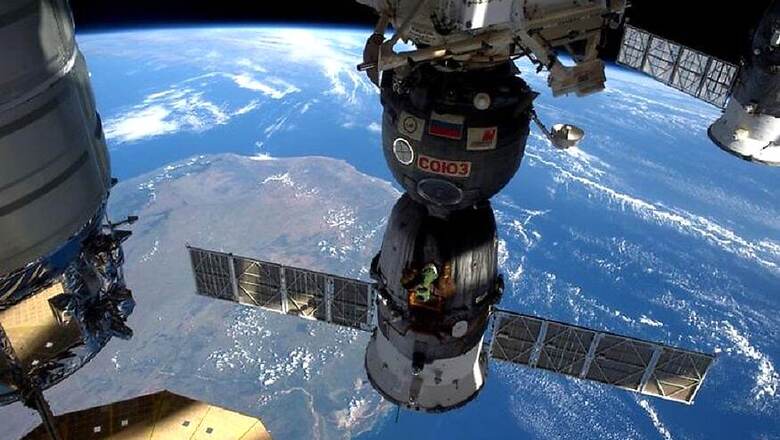
views
Five astronauts have been assigned to upcoming missions aboard the International Space Station, according to a NASA announcement on Wednesday.
The five astronauts - Joe Acaba, Ricky Arnold, Nick Hague, Serena Aunon-Chancellor and Shannon Walker - all have begun training for missions launching later 2017 and throughout 2018, the US space agency said.
These astronauts will join a long and distinguished line of astronauts who have crewed the International Space Station since November 2000.
"It's great to get to announce so many assignments at once," said Chris Cassidy, chief of the Astronaut Office at NASA's Johnson Space Center in Houston.
"There's plenty of work to be done at the space station, and the research opportunities are almost limitless. These folks are all going to do great work and bring a lot of value to their crewmates," Cassidy said.
Between now and their launches, each of the astronauts will undergo a busy regimen of training on space station systems and the experiments they will work with while in space.
Acaba will be the first to launch, assigned to the Expedition 53 and 54 crews that already include Mark Vande Hei of NASA, and Alexander Misurkin of the Russian space agency Roscosmos. Also read: NASA Creates Mixed Reality Space Station to Train Astronauts
They will launch aboard a Soyuz spacecraft in September. Walker will train as a dedicated backup for Acaba.
Arnold will join NASA's Drew Feustel and a Russian cosmonaut for Expeditions 55 and 56 to launch in March 2018.
Arnold and Acaba's assignments were enabled by the recent agreement to add additional crew members in 2017 and 2018 to boost space station science and research, NASA said.
First-time fliers Hague and Aunon-Chancellor will fall into the standard rotation for NASA astronauts.
Hague will launch in September 2018 on Expeditions 57 and 58 with two Russian cosmonauts.
Aunon-Chancellor will join the Expedition 58 and 59 crews in November 2018, along with Canadian Space Agency astronaut David Saint-Jacques and a Russian cosmonaut.
"The addition of these extra crew members will be a boon to the entire scientific community doing research on station, and especially those who have been waiting for access to the platform," Julie Robinson, NASA's Chief Scientist for the International Space Station, said.
"We'll be capable of undertaking more complex research activities, which will in turn prepare NASA for the journey to Mars, unearth new markets for research in microgravity and deliver benefits back to Earth," Robinson added.Also read: NASA Mission to Study Cosmic Material Between Stars
















Comments
0 comment